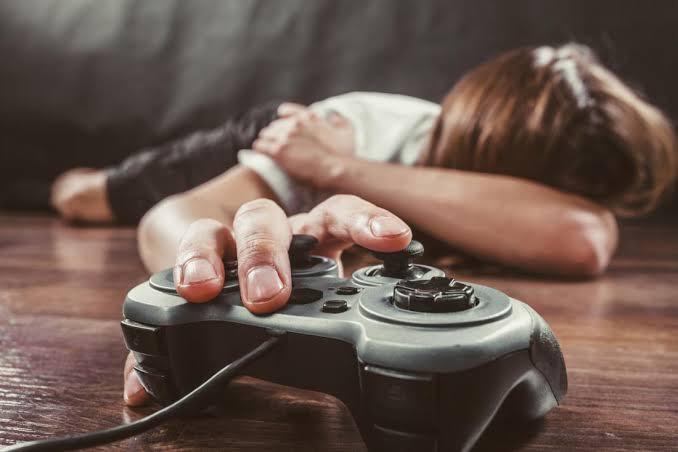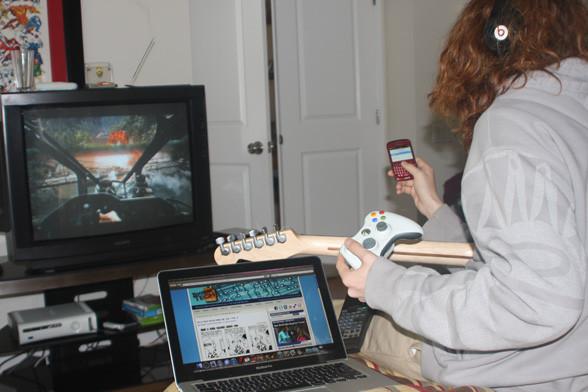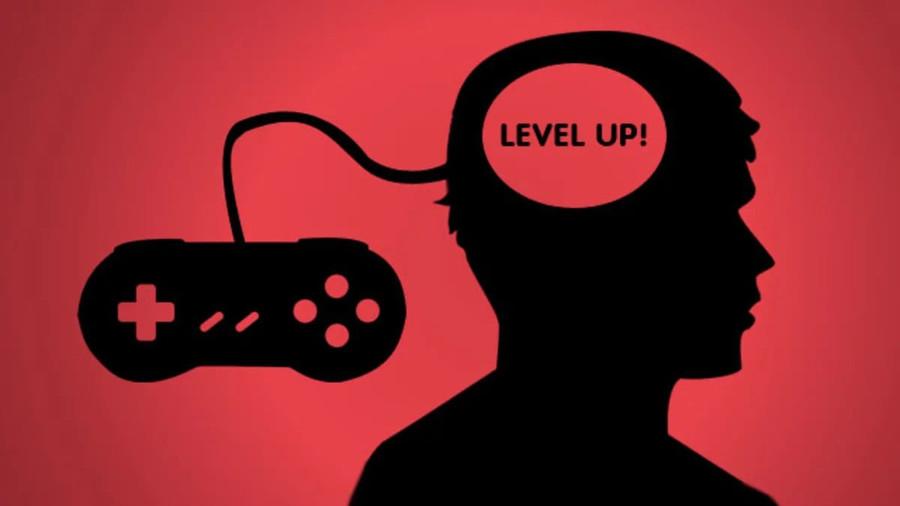9 Everyday Skills Video Games Can Improve
Curated from: interestingengineering.com
Ideas, facts & insights covering these topics:
9 ideas
·6.5K reads
26
1
Explore the World's Best Ideas
Join today and uncover 100+ curated journeys from 50+ topics. Unlock access to our mobile app with extensive features.
Video Games Can Teach You Personal Accountability
The reward our brains feel when accomplishing something in a game teaches us to focus our own actions and helps us control the situations around us. Lessons like this are easily applied in the real world.
381
953 reads
Video Games Are Now Used In Therapy
Researchers designed a game called SPARX to help treat depressed teenagers. The players had almost double the total recovery rate when compared to the conventional treatment group.
330
827 reads
Video Games Can Help You Make Friends
Games that are popular or involve social mechanics can help with making friends by giving access to the community that forms around the shared experience.
Gaming conventions, online multiplayer sessions, and competitions all help players meet new people and make friends with a common interest.
236
496 reads
Video Games Boost Reading Skills
Research indicates that playing fast-paced computer games can help the player read faster and more accurately.
278
813 reads
Video Games Improve Multi-Tasking
The intensive situation awareness and management needed when playing fast-paced first person shooters seem to improve gamers' ability to deal with visual and auditory distractions simultaneously.
Developing multi-tasking may help productivity in general. This will spill over to the real-world applications, at home, and in the workplace.
272
694 reads
'Mario' Boosts Grey Matter
Research indicates that the brains of people who started playing Mario regularly had an increase in gray matter in areas responsible for memory, strategy, fine motor skills and spatial navigation.
271
800 reads
Shoot 'Em Ups Improve Eyesight
Research found that shoot them up players had a boost in their ability to discern subtle changes in the brightness of the image, one of the first visual skills to diminish over time.
The researchers believe that video games could be used in the future to help as an aid to correct bad eyesight.
255
611 reads
Video Games Improve Our Problem-Solving
Some games are educational or designed with problem-solving, critical thinking and reading comprehension built in. But it’s unclear if computer games improve general intelligence, although they seem to help teach and reinforce these new skills.
263
613 reads
Computer Games Help You 'Level-Up' In General
Treating life like a computer game could improve your general quality of life. If you think of yourself as a level 1 character you might be able to identify areas in need of improvement.
Work in those abilities and keep track of your progress. Gamify aspects of your life and use the strategies you've developed in games in real-life to hone your skills and reach your goals.
328
700 reads
IDEAS CURATED BY
Gaurav Bhasin's ideas are part of this journey:
Learn more about health with this collection
Strategies for building self-confidence
Techniques for embracing your strengths and accomplishments
Tips for seeking support and feedback
Related collections
Similar ideas
7 ideas
Can You Really Be Addicted to Video Games?
nytimes.com
9 ideas
9 Valuable Life Lessons We Learned From Gaming
mashable.com
5 ideas
5 Life Skills That Video Games Can Help You Develop
makeuseof.com
Read & Learn
20x Faster
without
deepstash
with
deepstash
with
deepstash
Personalized microlearning
—
100+ Learning Journeys
—
Access to 200,000+ ideas
—
Access to the mobile app
—
Unlimited idea saving
—
—
Unlimited history
—
—
Unlimited listening to ideas
—
—
Downloading & offline access
—
—
Supercharge your mind with one idea per day
Enter your email and spend 1 minute every day to learn something new.
I agree to receive email updates





